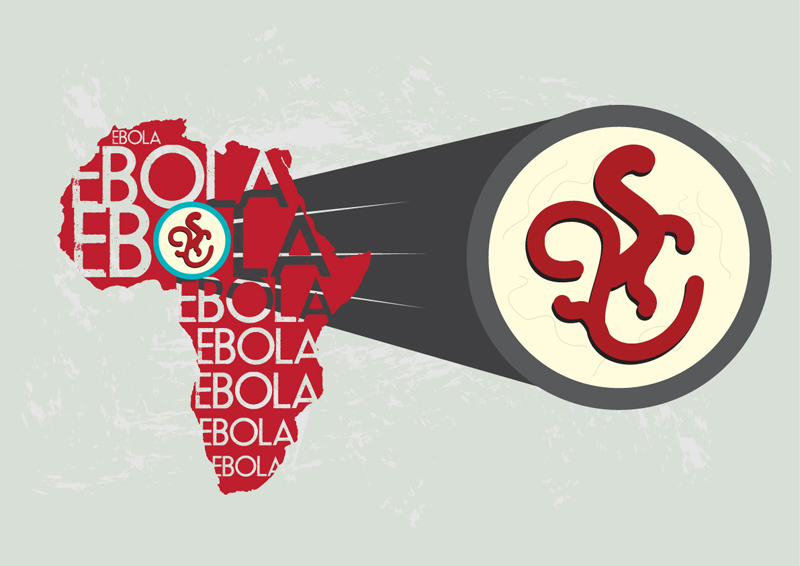
An Ebola outbreak that has ravaged the Democratic Republic of the Congo (DRC) since August last year and sparked fears of a global health crisis reached a deadly new milestone last week when officials noted 3,000 cases underway and 2,000 deaths.
The U.S. Department of Health and Human Services (DHHS), which oversees both the Centers for Disease Control and Prevention (CDC) and Biomedical Advanced Research and Development Authority (BARDA), was quick to respond to the news.
“This week’s news is a tragic milestone in the course of a disease outbreak that has stolen far too many lives,” DHHS Secretary Alex Azar said in a statement. “The United States will continue its aggressive response to the outbreak and has already led in providing access to the best available vaccines, therapeutics, diagnostics, and epidemiological expertise needed to stop the spread of Ebola and save lives. Security issues in the affected areas make this the most challenging Ebola outbreak in history, but the U.S. government and our local and international partners remain undeterred and will not rest until the outbreak is ended.”
The ongoing conflict in the region has complicated response efforts, as no organization has been able to guarantee the security of health experts. Already, the outbreak is the second deadliest on record, and the latest milestone comes a month after the World Health Organization (WHO) declared the outbreak an international emergency. The disease has now reached Congolese provinces that border South Sudan, Uganda, Rwanda, and Burundi.
“Just recently, the Centers for Disease Control and Prevention doubled its number of experts on the ground in the DRC,” Azar said. “Stopping this Ebola outbreak will remain a top global health priority for the Trump Administration. In close cooperation with the World Health Organization and Director-General Tedros, we look forward to continuing the work needed to end the outbreak.”
The CDC has 30 responders on the ground in the DRC as of Sept. 1, dedicated to case investigation, contact tracing, disease tracking, safe burials, community engagement and risk communication, laboratory testing, and border health. The DHHS Office of the Assistant Secretary for Preparedness and Response is also providing another $23 million to Merck for doses of an Ebola vaccine they hope to use in the region, though the vaccine has not yet obtained licensure. BARDA has now put around $176 million into that vaccine’s development.




